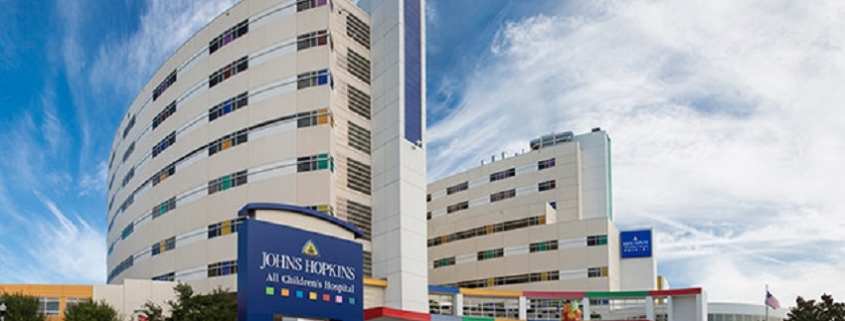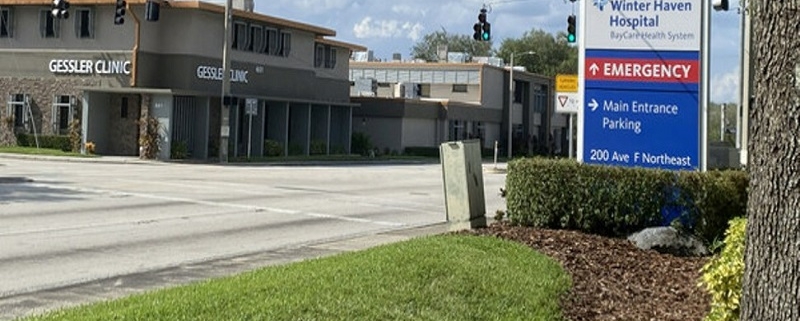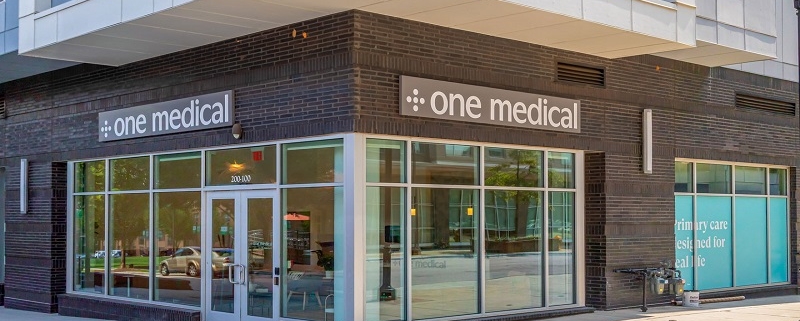Amazon’s One Medical membership-based primary care unit that provides on-demand 24/7 access to telehealth services and offers in-person care continues to report steady growth.
Having recently added two new health system partners and leveraged the Amazon Prime membership model, One Medical is connecting with employers and the roughly one-third of consumers who do not have a primary care doctor.
Below are three ways One Medical is extending its reach.
1. Forging More Employer Relationships
So far, more than 8,500 employers have engaged with One Medical’s services throughout the 20 regions the company now serves nationally. And just last week, news came that One Medical will serve as the primary care provider for the Health Transformation Alliance, a cooperative of nearly 60 employers including Coca-Cola, American Express, Marriott, Boeing and J.P. Morgan.
Takeaway
Amazon hopes to build momentum for lower-priced, primary care services that offer convenient access and give employers more choices to help manage health care benefits for their employees.
2. Building Health System Partnerships
New Jersey-based Hackensack Meridian Health and CommonSpirit’s Virginia Mason Franciscan Health recently became the latest health systems to partner with One Medical, bringing the company’s number of health system partners to 12. Virginia Mason will become One Medical’s specialty referral partner for its eight primary care clinics in the Seattle area. Meanwhile, One Medical plans to enter New Jersey this year, building new clinics in partnership with Hackensack Meridian Health. One Medical will manage and staff the clinics, which will become part of Hackensack’s clinically integrated network. The first clinic is slated to open by the end of 2024 at a location to be determined.
Takeaway
Some health care executives believe One Medical is taking a wise approach by partnering with health systems on specialty referrals and working with a company that has a digital-first, consumer-centric mindset.
“This new offering from Amazon is smart and certainly supports the way we all need to think about delivering better services,” Jeffrey Sturman, senior vice president and chief digital officer at Memorial Healthcare System in Hollywood, Florida, recently told Becker’s Health IT.
3. Extending the Prime Membership Model to Medical Care
Earlier this month, Amazon stated that it would begin offering a One Medical Prime membership for $9 per month or $99 per year — $100 less than the standard One Medical membership fee. Prime members also can add up to five additional memberships, each for $6 per month or $66 per year. In-office visits to One Medical Clinics are not included in the membership fee. Amazon also is leveraging its pharmacy business to provide greater convenience to members. Amazon’s RxPass will deliver prescriptions to customers’ homes for $5 per month. In addition, Amazon has developed a new feature to make it easier for consumers to use manufacturer discounts on branded medications by integrating coupons into the checkout process.
Takeaway
The long-anticipated move by Amazon to come up with a Prime membership model for health care services appears to be taking shape. With an estimated 167 million Amazon Prime members in the U.S., this could be a significant source of new patients for One Medical and its partners. How effectively One Medical manages these patient relationships and consumer expectations will go a long way toward determining the long-term scope and reach of its operations.
Source: American Hospital Association




